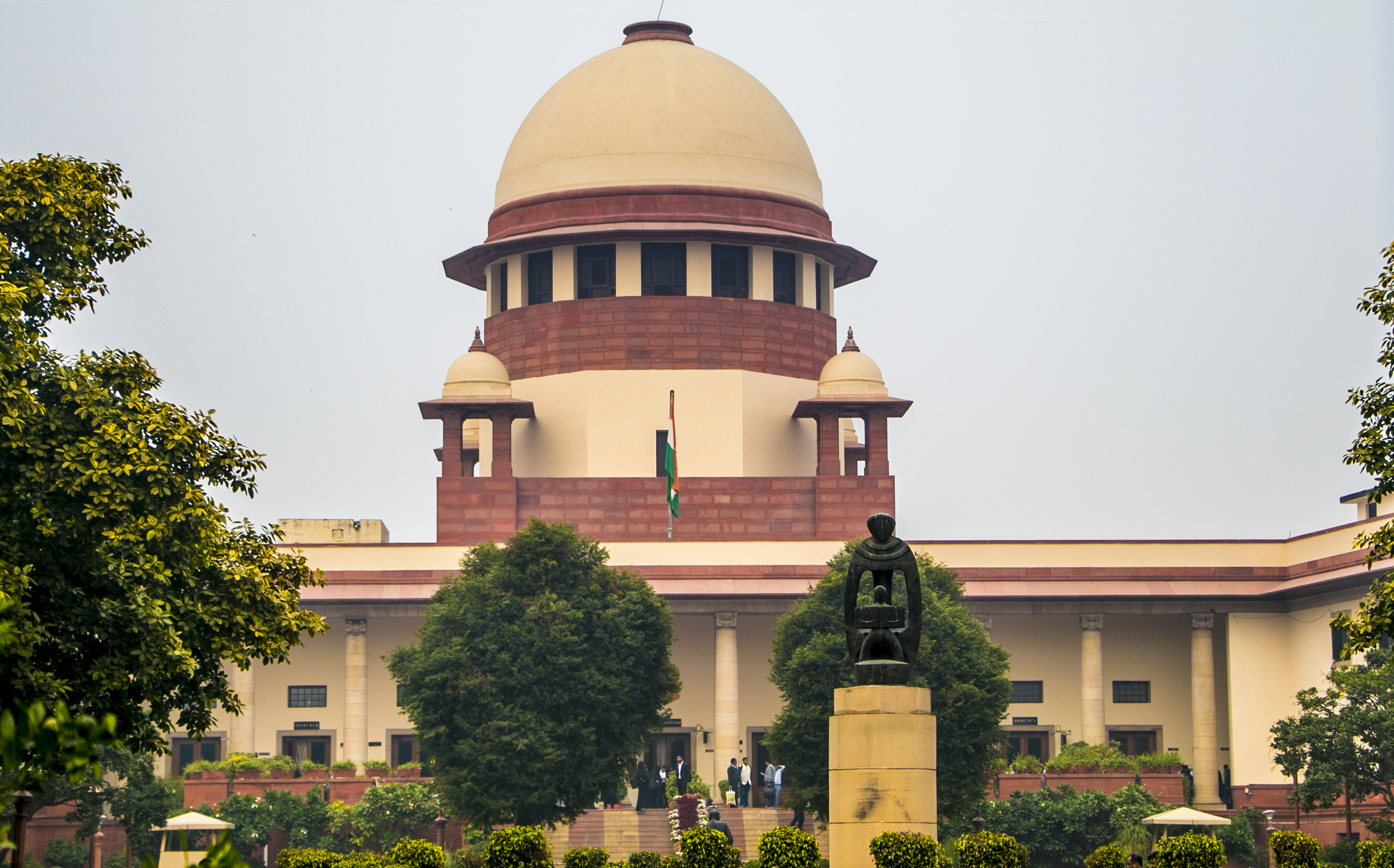SEBI Proposes Stricter Norms for IPO Listings

In a significant move to bolster investor protection and bring greater accountability to the primary markets, the Securities and Exchange Board of India (SEBI) has proposed a comprehensive overhaul of the norms for companies launching an Initial Public Offering (IPO). The proposals, detailed in a recent consultation paper, aim to tighten regulations around the use of issue proceeds, the sale of shares by existing investors, and the lock-in period for anchor investors.
This regulatory push comes amid an unprecedented boom in the Indian IPO market, particularly with the listing of several new-age technology companies. Concerns surrounding vague business objectives for funds raised and significant post-listing price volatility have prompted the market regulator to act.
Capping the Use of Funds for Unspecified Acquisitions
One of the most critical proposals targets the allocation of IPO proceeds. SEBI has observed a trend where companies raise large sums for vague future acquisitions or for "general corporate purposes" without providing specific details.
- Proposed Norm: SEBI has suggested a cap of 35% of the total issue size that can be earmarked for future acquisitions (where the target is not yet identified) and "general corporate purposes."
- Current Norm: Currently, there is no such explicit limit, allowing companies greater flexibility but offering less clarity to investors on how their money will be utilized.
- Rationale: This move is aimed at ensuring that companies going public have a clear and disclosed business plan, forcing them to use the bulk of the capital for specific projects and stated objectives rather than for undefined future use.
Stricter Conditions for Offer for Sale (OFS)
The regulator is also looking to tighten the rules for existing shareholders who wish to sell their stakes during an IPO through an Offer for Sale (OFS). This is particularly relevant for companies where promoters or early investors hold a significant majority and are looking to exit.
- Proposed Norm: For an OFS, major shareholders (holding over 20% of pre-issue shares) would be allowed to sell a maximum of 50% of their stake. Furthermore, investors holding less than 20% of the pre-issue shareholding would be able to offload a maximum of 10% of their shares.
- Rationale: This proposal aims to prevent promoters and major investors from cashing out completely at the IPO stage. It ensures they retain significant "skin in the game," aligning their interests with those of the new public shareholders and promoting the long-term sustainability of the company's business.
Extended Lock-in for Anchor Investors
To bring more stability to the share price immediately after listing, SEBI has proposed extending the lock-in period for anchor investors—institutional investors who are allotted shares a day before the IPO opens to the public.
- Proposed Norm: The entire portion of shares held by anchor investors would no longer be available for sale after 30 days. Instead, 50% of their shares would be locked in for a period of 90 days, while the remaining 50% would be subject to the existing 30-day lock-in.
- Current Norm: At present, anchor investors can sell all their allotted shares just 30 days after the listing date.
- Rationale: It is often observed that significant selling pressure from anchor investors on the day their lock-in expires leads to a sharp fall in the stock price. Staggering the release of their shares is expected to curb this volatility and protect retail investors from sudden price shocks.
Market Impact and a New Era of Accountability
These proposed regulations, if implemented, will fundamentally change the landscape for companies planning to go public. While they may increase the compliance burden, the primary goal is to enhance the integrity of the capital market. By demanding greater transparency in the use of funds and ensuring that key stakeholders remain invested for a longer duration, SEBI aims to create a more secure and stable environment for all investors, especially those from the retail segment who have been participating in the markets in record numbers. The consultation paper is currently open for public comments, after which SEBI will finalize the new set of guidelines.
This is a Premium Article
Subscribe or purchase this article to get unlimited access to our premium content.



